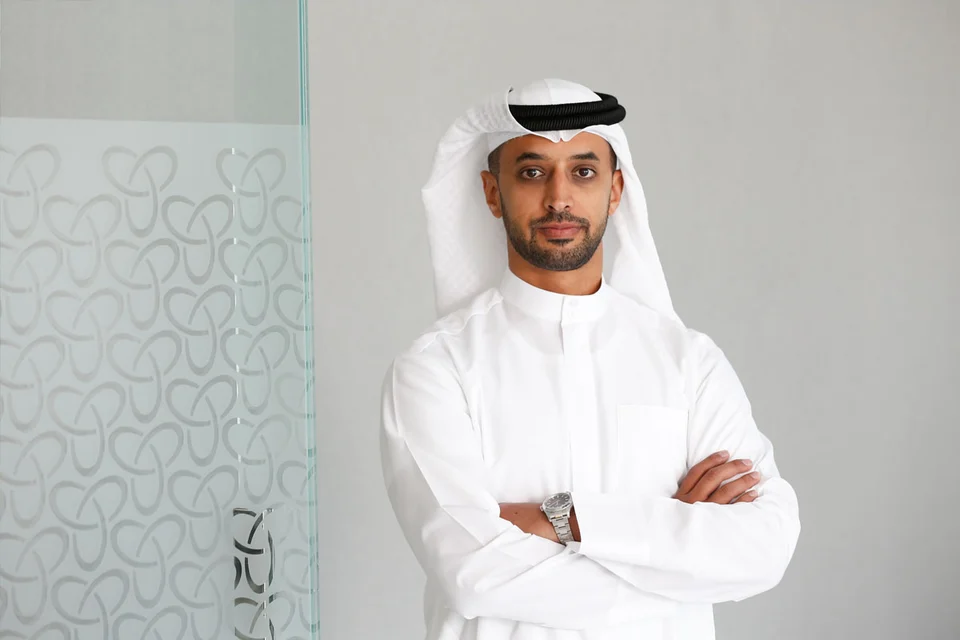
Dr. Jihad Azour, Director of the Middle East and Central Asia Department at the International Monetary Fund (IMF), announced that rising oil prices and effective management of the COVID-19 pandemic have contributed to the economic recovery of the region, particularly the Gulf countries. He specifically praised the UAE's experience in dealing with the pandemic, where the country successfully balanced protecting citizens' lives and restarting the economy, thus accelerating the recovery process.
Speaking at a seminar organized by the Carnegie Endowment for International Peace titled "Prospects for the Recovery Path in the Middle East and North Africa Region," Azour stated that he expects 2022 to be a continuation of the economic recovery that began last year. However, he also raised a series of questions at the beginning of the year, including: To what extent can countries' economies adapt to new virus variants? How will these economies deal with inflation? How will fiscal, monetary, and economic policies be coordinated to avoid crises? And how will geopolitical developments affect economic recovery?
Azour pointed out the main challenges facing countries in the region, including a surge in unemployment to a record high of 11.8%, with unemployment rates for women and youth being twice as high as those of other labor market groups in the region. In addition, inflation is mainly affecting the budgets of low- and middle-income families in the region, as prices for food and basic goods have increased the most, highlighting the need to establish comprehensive social security systems and safety nets to support vulnerable groups. Meanwhile, vaccination rates vary greatly across countries, with some countries having vaccination rates of around 90%, while others are below 5%. Furthermore, rising debt levels and the increasing need for investment in future areas such as technology and environmental protection are also pressing issues, alongside the need to protect countries in the region from global geopolitical developments.
Regarding the expected growth rates of countries, Azour divided the region into three categories: The first category is oil-exporting countries, which are currently benefiting from the sharp rise in oil prices to improve their economic growth, capital flows, and balance of payments. Some of these countries have recently taken positive steps to protect citizens' lives, secure the economy, and restore economic recovery. Therefore, it is important to protect the achievements made by investing in renewable energy and diversifying the economy. The second category is emerging middle-income countries such as Egypt, Tunisia, and Jordan, which have a certain degree of openness and have felt the impact, but have proven their adaptability. These countries must continue to undertake fundamental economic transformations, give the private sector a greater role, and establish sound economic assets and financial policies. The third category includes those countries that have been affected by crises and need assistance to deal with the crises and return to a path of growth.
Azour discussed the impact of geopolitical developments between Russia and Ukraine, believing that this will affect countries in the region in several ways, especially economically, as many countries in the region have close trade ties with Russia and Ukraine. In terms of financial connections, Russia is a financial center for many neighboring countries and has investments in other countries. He also emphasized that it is necessary to closely monitor decisions in the region to protect economies from any potential impacts. In addition, Azour believes that addressing the economic crisis in Lebanon must be comprehensive. First, this complex and profound crisis has had a major negative impact on citizens' lives, therefore, addressing this crisis must involve all components. Second, the economic development process needs to be both internal and external. Internally, there must be a clear vision and a comprehensive approach to overcome the crisis, while considering everyone's opinions and perspectives, in order to emerge from one of the most severe economic upheavals in the world. Finally, the IMF will continue to cooperate, while emphasizing that the plans implemented at the national level will achieve their goals. In other words, the plan will provide Lebanese citizens with the means to deal with the crisis, protect the most vulnerable groups, and gain confidence. In turn, it will show the outside world that Lebanon is serious about dealing with the crisis.



















